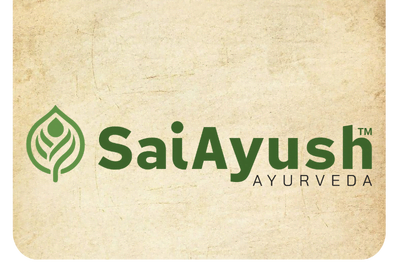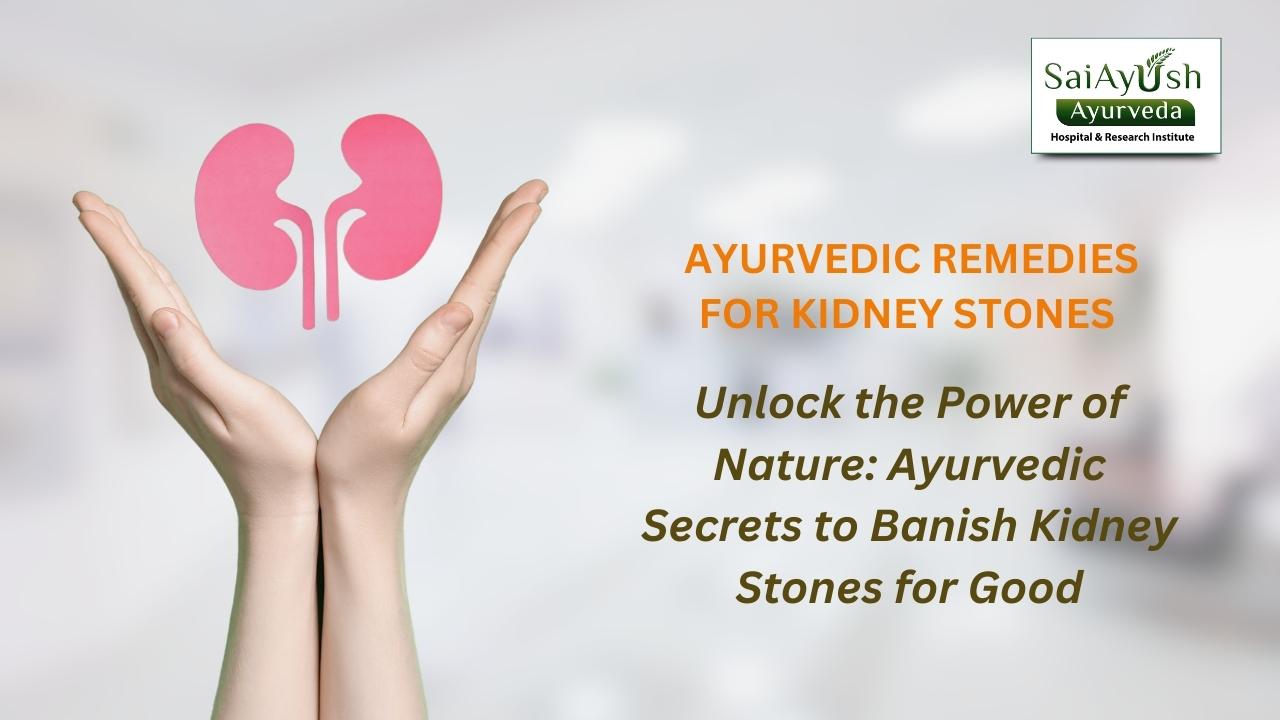Kidney stones, a common affliction, can cause significant discomfort and pain. While conventional medicine offers several treatment options, Ayurveda, an ancient Indian system of holistic healing, provides natural and effective approaches for managing kidney stones
Understanding Kidney Stones in Ayurveda
In Ayurveda, kidney stones are referred to as “Mutrashmari,” and they are believed to result from an imbalance of the three doshas: Vata, Pitta, and Kapha. According to Ayurvedic philosophy, an improper diet and lifestyle choices can lead to the accumulation of toxins (ama) in the body, which can further contribute to the formation of kidney stones.
Common Types of Kidney Stones:
- Calcium Stones: These are the most common type and can be either calcium oxalate or calcium phosphate stones. High levels of calcium in the urine can lead to their formation.
- Struvite Stones: Often caused by urinary tract infections, these stones can grow quickly and become quite large.
- Uric Acid Stones: These stones are associated with a high-purine diet, which can lead to increased uric acid in the urine.
- Cystine Stones: These rare stones are hereditary and result from a genetic disorder that causes the kidneys to excrete excessive amounts of certain amino acids.
Symptoms of Kidney Stones:
- Intense, sharp pain in the back or side (known as renal colic).
- Pain radiating to the lower abdomen and groin.
- Blood in the urine.
- Frequent urination.
- Painful urination.
- Cloudy or foul-smelling urine.
- Nausea and vomiting.
Ayurvedic Principles for Kidney Stone Management
Dietary Adjustments:
Ayurveda emphasizes the importance of a balanced diet to prevent and manage kidney stones. Foods that are high in oxalates, like beets, chocolate, and nuts, should be consumed in moderation. Additionally, maintaining adequate hydration is crucial.
Herbal Remedies for Kidney Stones:
- Punarnava (Boerhavia diffusa): Known for its diuretic properties, Punarnava helps in flushing out toxins from the kidneys and may aid in dissolving smaller stones.
- Gokshura (Tribulus terrestris): Gokshura is renowned for its ability to support kidney function and prevent the formation of stones.
- Varun (Crataeva nurvala): This herb is traditionally used to treat urinary tract disorders, including kidney stones.
Lifestyle Modifications:
Regular Exercise: Engaging in regular physical activity helps improve circulation and supports overall kidney health.
Yoga and Meditation: Practices like yoga and meditation can help reduce stress, which is known to contribute to kidney stone formation.
Panchakarma Therapy for Kidney Stones:
Panchakarma, a set of detoxification procedures, can help eliminate toxins from the body, thereby reducing the risk of kidney stones.
Ayurvedic Formulations for Kidney Stones:
- Chandraprabha Vati: This Ayurvedic formulation is known for its diuretic properties and is often prescribed to support kidney function.
- Pashanabheda (Bergenia ligulata): It is believed to have stone-dissolving properties and is used in various Ayurvedic formulations.
- Dhatu Shodhana (Tissue Cleansing): This process involves purifying the bodily tissues to eliminate impurities and restore balance.
- Nidan Parivarjan (Avoiding Causative Factors): Identifying and avoiding the factors that contribute to kidney stone formation is a crucial aspect of Ayurvedic treatment.
Prevention:
- Stay well-hydrated to reduce the risk of stone formation.
- Limit intake of foods high in oxalates, such as spinach, beets, and nuts.
- Consume a diet that’s not excessively high in animal proteins.
- Maintain a healthy weight and exercise regularly.
- Monitor your sodium intake.
Conclusion
Ayurveda offers a comprehensive approach to managing kidney stones by addressing the underlying imbalances in the body. While Ayurvedic remedies can be highly effective, it is essential to consult a qualified Ayurvedic practitioner for personalized treatment and guidance. Remember, the information provided here is for informational purposes only and should not be used as a substitute for professional medical advice. With the right combination of dietary adjustments, herbal remedies, lifestyle modifications, and Ayurvedic therapies, individuals can find relief from kidney stones and promote overall kidney health. Embracing these natural approaches can pave the way for a healthier, stone-free life.
Discover the healing power of Ayurveda with our latest article at Sai Ayush Ayurveda Hospitals! Dive into the age-old wisdom that can rejuvenate your body and mind. Click here to read more:



0 Comments